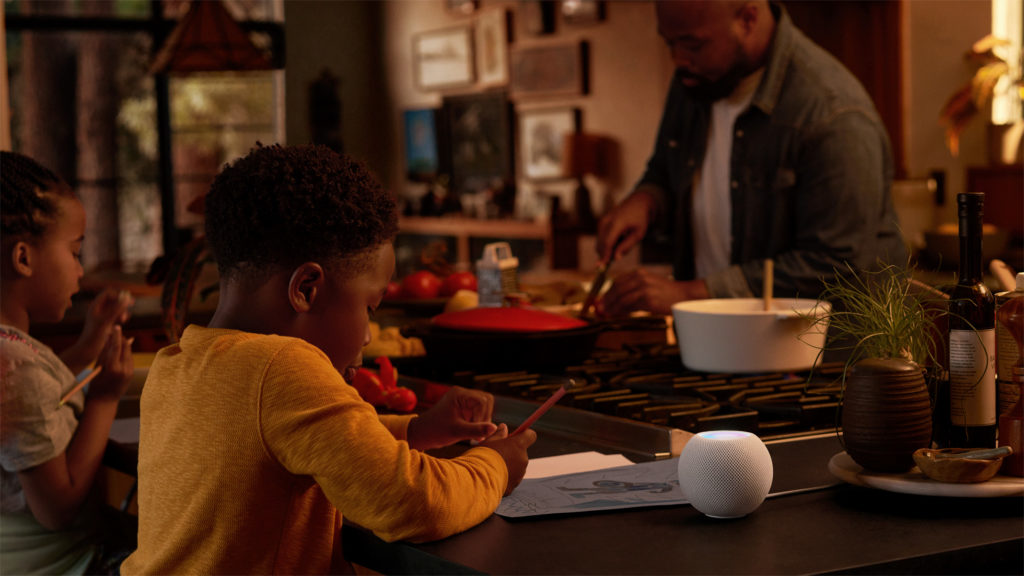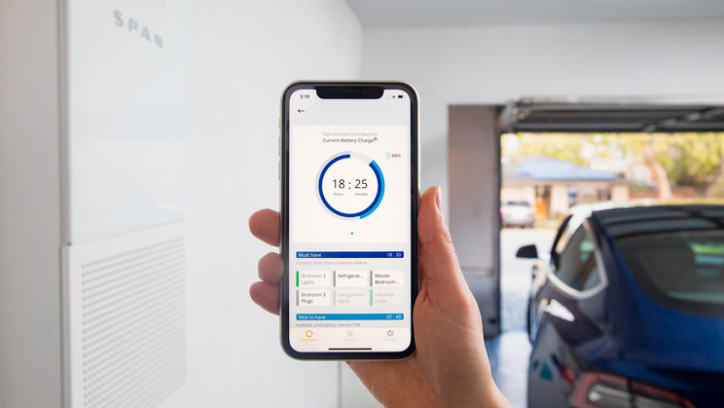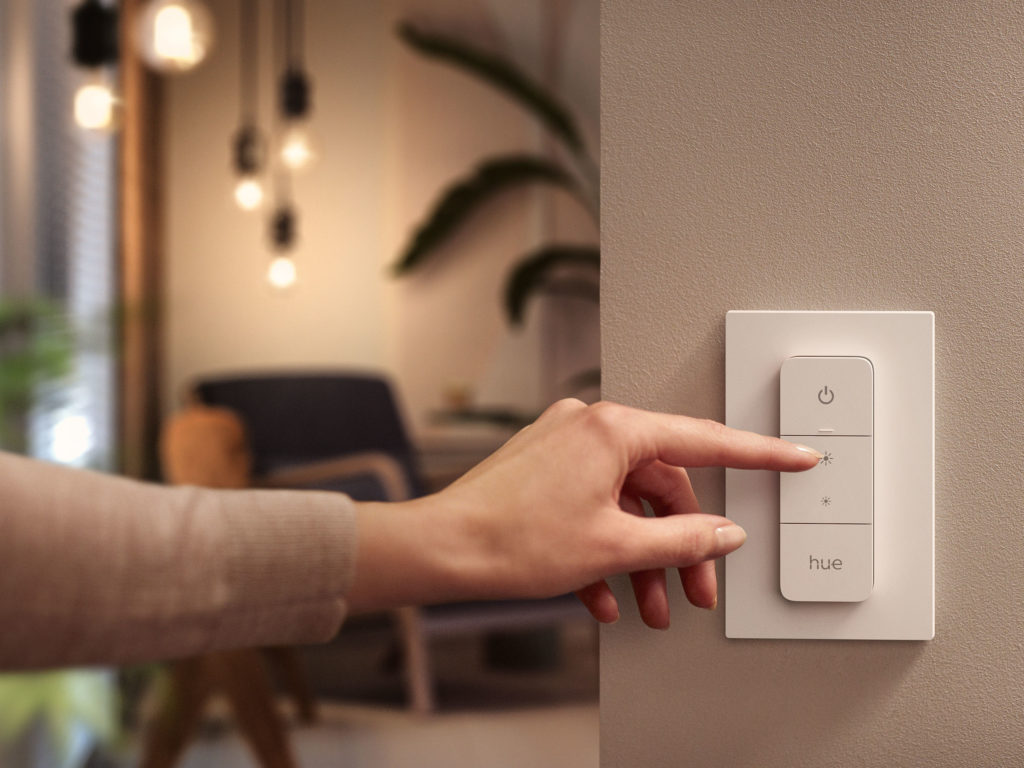This week’s show kicks off with news from Lennar about its new smart home offering with Ring, and a discussion on what it means that Ring now has more than 2,000 police and fire departments as partners. After that, we discuss what we learned from the Tesla recall about the business of connected products, and what options y’all have if you want to ditch your Wink hub. Then we talk about a Kickstarter for some smart infrastructure products, an update coming to Google Home, and wellness data coming to Google displays. In smaller news, we touch on Abode’s HomeKit widgets, Canonical’s Ubuntu Core 2.0 for IoT, and Kevin going all-in on HomeKit. We end by answering a listener question about the best HomeKit hub to use.

Our guest this week is Eric Feder, who is with LenX, the venture group for homebuilder Lennar. He’s on the show to talk about Lennar’s new partnership with Ring, Flo by Moen, Resideo, Level Lock, and more. We also discuss how Lennar’s views of the smart home have changed since it first started trying to integrate connected devices into its houses. He then talks about what features might be missing and investments the company has in new building techniques, gray water reclamation, and more. It’s a sneak peek into the future.
Hosts: Stacey Higginbotham and Kevin Tofel
Guest: Eric Feder, of LenX, the venture group for homebuilder Lennar
Sponsor: TeraCode and Techmeme
- Ring’s still using local police to sell its doorbells
- Tesla’s right about computers in long-lived devices
- After Wink, which hub is right for you?
- Why Lennar dumped “movie night” routines and focused on plumbing
- Building sustainable homes with smart tech
Podcast: Play in new window | Download | Embed
Subscribe: RSS



